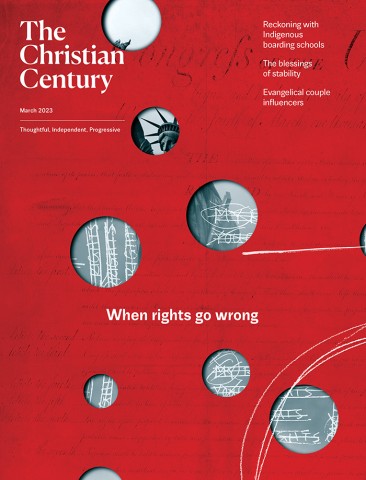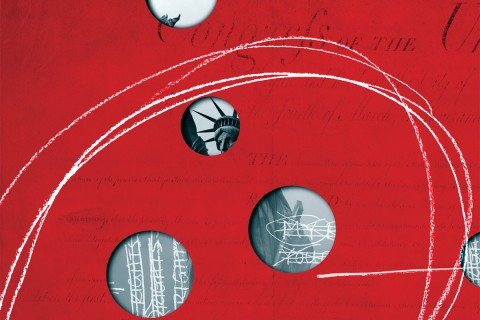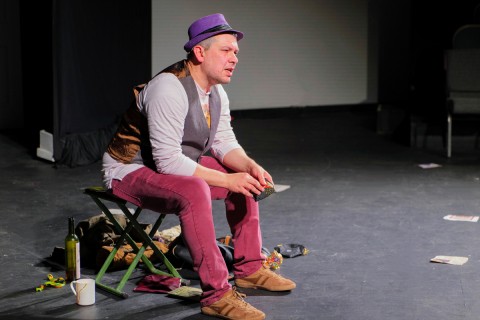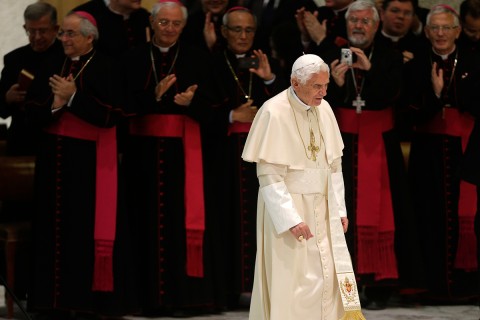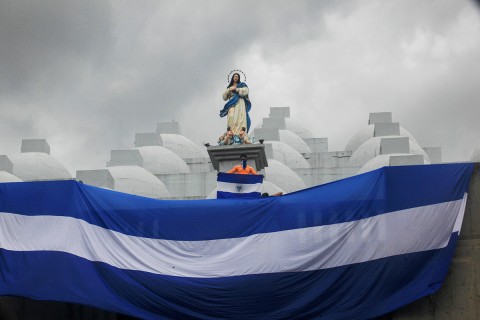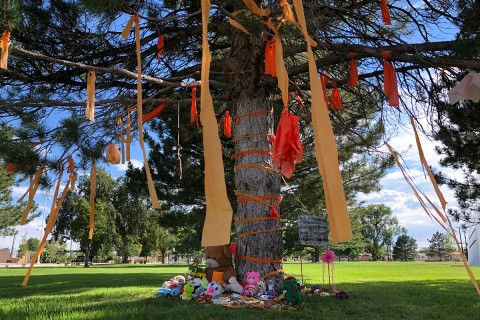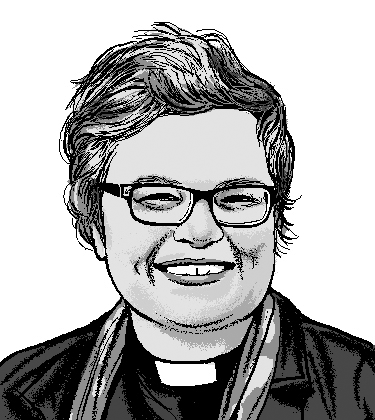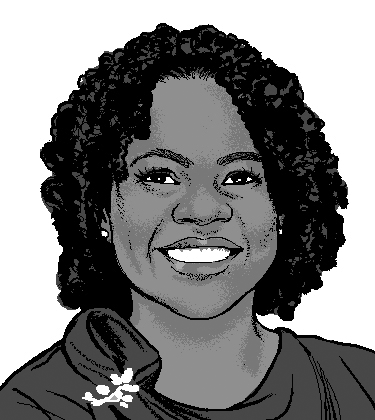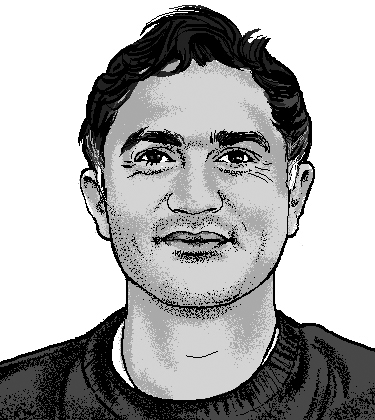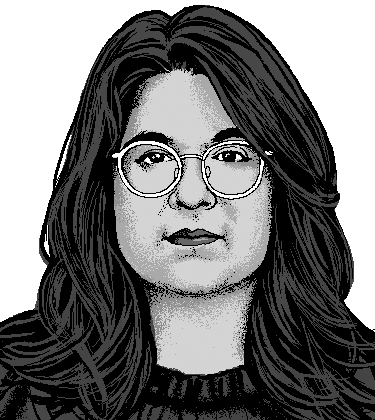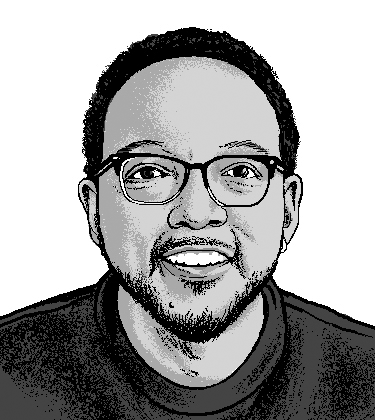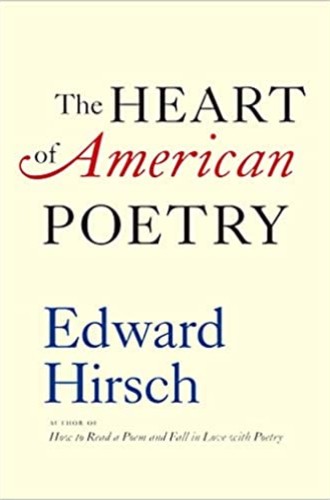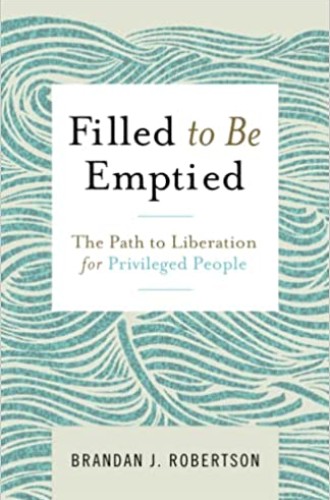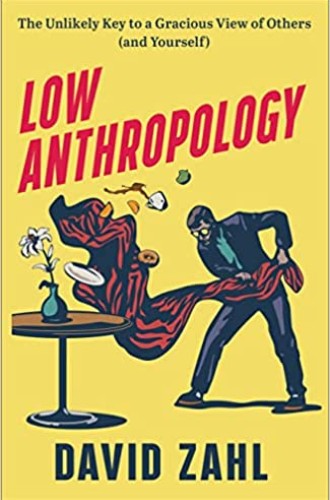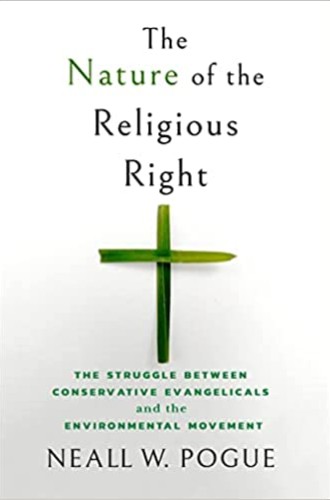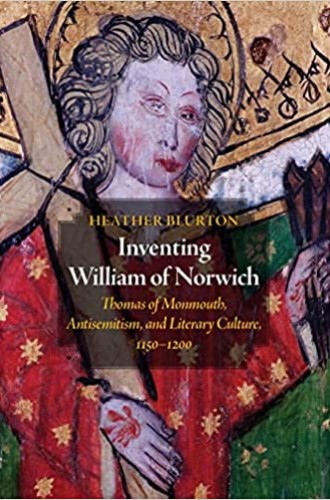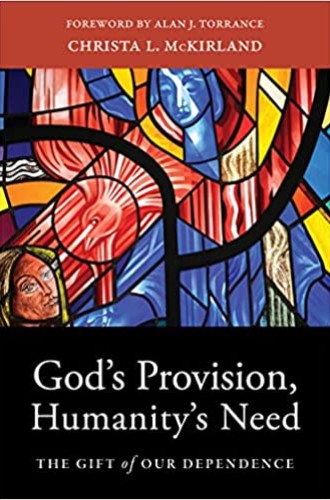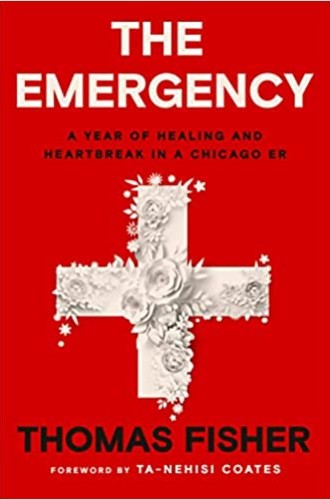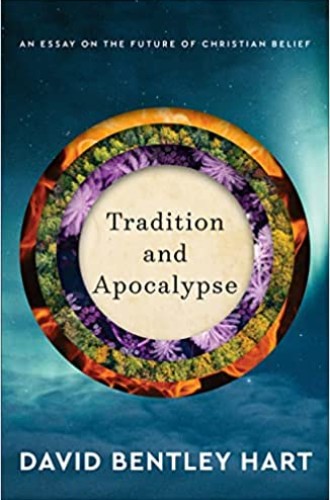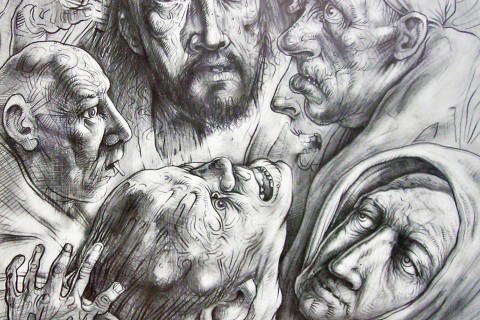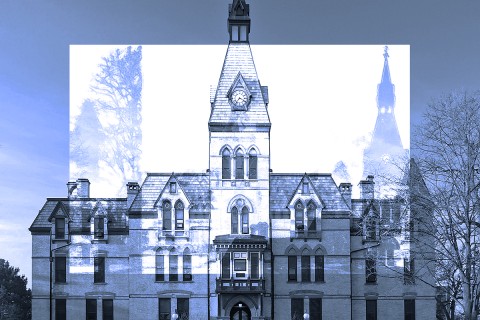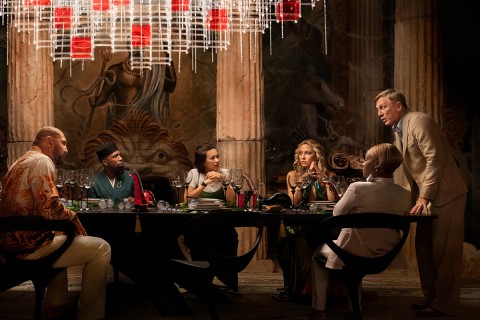Features
The language of rights and its limits
Staying in a culture of leaving
Stronger than all evil things
Ecclesiastes as a one-man show
Pope Benedict’s complicated legacy
The prophetic church in Ortega’s Nicaragua
Why am I so drawn to these evangelical couple vloggers?
Listen to the survivors
Voices
Rachel Mann
Twisting words
What does it mean to protect women and girls?
Brian Bantum
Did God intend for Adam and Eve to live forever?
Maybe immortality is about more than not being dead.
Yolanda Pierce
What I wished for
Sometimes we can’t express what we want, even when we are in desperate need.
Isaac S. Villegas
The testimony of water
We are as reliant on grace as our bodies are on water.
Alejandra Oliva
Love is revision
Marriage is an opportunity to keep working on the same story each day.
Julian DeShazier
The little engine that needed collaborators
Clergy burnout happens when churches expect pastors to do everything and pastors oblige.
Books
The voices of American poets
Edward Hirsch’s labor of love celebrates centuries of American verse, from Anne Bradstreet to Joy Harjo.
A self-emptying of privilege
Brandan Robertson grounds his discussion of Christians and privilege in the kenosis hymn of Philippians 2.
The theological anthropologies implicit in our politics
David Zahl maps the conservative/liberal binary according to distinctions between high and low anthropologies.
Why did conservative evangelicals turn against the environment?
It was mostly politics, argues historian Neall Pogue.
From hateful murmurs to blood libel
Heather Blurton explains the origins and legacy of an outrageous antisemitic lie: the fable of William of Norwich.
Is relating to God a fundamental need?
Biblical theologian Christa McKirland argues that it is.
A health-care system emergency
ER doctor Thomas Fisher writes with moral clarity—and a whiff of hopelessness.
David Bentley Hart’s apocalyptic view of tradition
Hart believes that John Henry Newman and those quick to invoke him rely too much on a gaze backward into the past.


